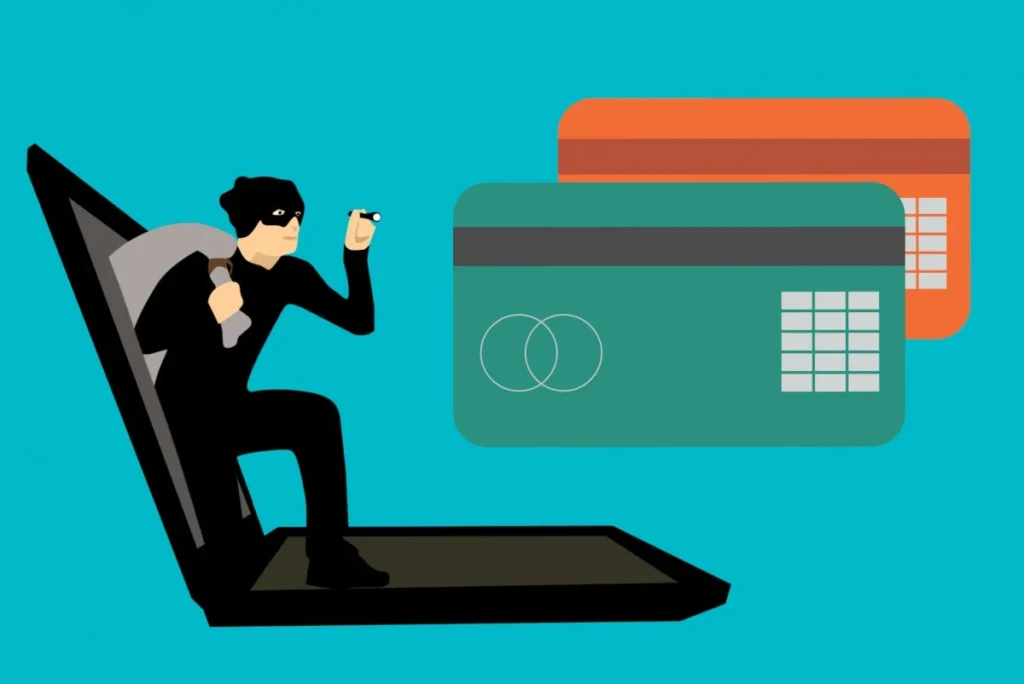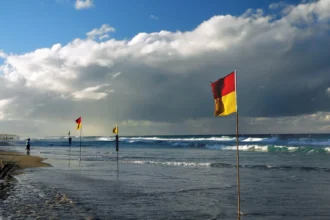As more families and solo travellers plan last-minute getaways across the United Kingdom, police and consumer watchdogs are warning holidaymakers to remain alert.
Fraud linked to domestic holidays is on the rise, with scammers using increasingly clever tricks to target unsuspecting tourists.
From fake rental listings to bogus booking sites, these scams can ruin what should be a relaxing break.
Staycations remain popular this summer, especially with unpredictable international travel costs and the appeal of exploring hidden corners of Britain.
But the surge in demand for cottages, lodges, seaside resorts, and city apartments has given fraudsters the perfect opportunity to lure victims.
A single click on a fraudulent website or a hasty bank transfer could mean losing hundreds or even thousands of pounds.
Here are the seven most common staycation scams that UK travellers should be aware of, along with ways to protect yourself from falling victim.
1. Fake Holiday Rental Listings

One of the most widespread scams involves bogus rental properties advertised on social media or unverified platforms.
A deal that looks too good to be true often is. Fraudsters copy photos from legitimate listings on well-known travel sites and create convincing adverts on classified websites.
Travellers are asked to transfer a deposit directly into the scammer’s bank account. Once the payment is made, the property either does not exist or belongs to someone entirely unaware their home is being advertised.
Families only discover the fraud when they arrive at the supposed address and find strangers living there.
How to avoid it: Always use reputable booking platforms with verified reviews and secure payment methods. Avoid direct bank transfers to private individuals unless you know the property owner personally.
2. Imitation Travel Agencies

Criminals often set up fake travel agency websites that mimic real companies. They may use stolen logos and domain names that look similar to established brands, tricking customers into believing they are booking through a trusted source.
Victims pay upfront for accommodation or package deals, only to realise later that their booking confirmation is worthless.
Some fake agencies even provide forged documents and customer helplines, giving the illusion of legitimacy until the number stops working.
How to avoid it: Check that the travel company is registered with ABTA or ATOL. Always verify the website address, and avoid clicking links from unsolicited emails or social media adverts.
3. Last-Minute Cancellation Traps

Some fraudsters pose as property owners or managers and contact guests just before their trip. They claim the original booking has been cancelled but offer an “alternative property” if payment is made quickly.
Since travellers are often desperate not to lose their holiday plans, they pay without questioning.
Unfortunately, the new booking does not exist, and both the original property and the alternative vanish from all communication.
By the time the traveller realises the truth, it is too late to recover the money.
How to avoid it: If you receive such a message, always double-check directly with the booking platform you used. Never make payments outside of the original booking site.
4. Social Media Competition Cons

Another growing scam involves social media giveaways. Posts promise free weekend breaks or discounted stays in exchange for personal information or a small “administration fee.”
These competitions often ask participants to share, like, and provide personal details, which are later used for identity theft or fraud.
How to avoid it: Be sceptical of competitions on Facebook, Instagram, or TikTok that are not run by well-known travel brands. If a prize requires payment upfront, it is almost certainly a scam.
5. Bogus Holiday Insurance

Fraudsters have also started selling fake holiday insurance policies to staycationers. These policies appear genuine, complete with terms and conditions.
However, when travellers try to make a claim for cancellations, theft, or emergencies, they discover that the provider does not exist.
How to avoid it: Purchase travel insurance from established providers recommended by your bank, travel company, or reputable comparison websites. Check whether the insurer is authorised by the Financial Conduct Authority (FCA).
6. Phishing Emails and Texts

Scammers frequently use phishing messages disguised as booking confirmations or travel updates.
These emails and texts include links to fake websites that capture personal details and bank information.
Once the data is stolen, criminals can access accounts or sell the details on the dark web.
How to avoid it: Always check the sender’s email address carefully. Reputable companies will never ask for sensitive information through links.
Access booking details by logging in directly to the official website rather than through links sent in messages.
7. Ticketing and Activity Scams

Staycations often include theme parks, tours, or popular attractions. Fraudsters sell fake entry tickets online, often at discounted prices.
Families arrive at the venue only to be told their tickets are invalid. This can cause not just financial loss but also disappointment for children and parents.
How to avoid it: Buy tickets only from the official attraction website or trusted resellers. Be wary of heavily discounted tickets sold on unverified marketplaces.
Why UK Travellers Are More Vulnerable This Year

Experts warn that the current economic climate has made many families search for bargains, which scammers exploit.
Rising fuel prices and inflation mean holidaymakers are more likely to be tempted by offers that promise big savings.
Fraudsters know this and tailor their traps to appear attractive, especially around weekends and bank holidays.
According to Action Fraud, holiday-related scams in the UK surged by more than 40 percent last year.
Losses ran into millions of pounds, with individual victims losing anywhere from a few hundred to several thousand.
How to Protect Yourself on a Staycation
While scams are on the rise, there are ways to stay safe. Here are some expert-backed precautions:
Use official websites and apps for all bookings.
Check reviews across multiple sources, not just one platform.
Never pay by bank transfer to unknown individuals.
Keep copies of all booking confirmations and receipts.
Report any suspicious adverts or sellers to Action Fraud immediately.
Final Thoughts
The UK has no shortage of beautiful places for a weekend break, from Cornwall’s beaches to the Lake District’s hiking trails.
But while more travellers choose local holidays, the risk of scams grows equally fast. A single mistake can turn a relaxing trip into financial stress.
Staying vigilant, booking through trusted sources, and questioning deals that look too good to be true can save families from disappointment.
Remember, fraudsters thrive on haste and carelessness. Taking an extra few minutes to verify a deal could mean the difference between a perfect weekend and a ruined staycation.










